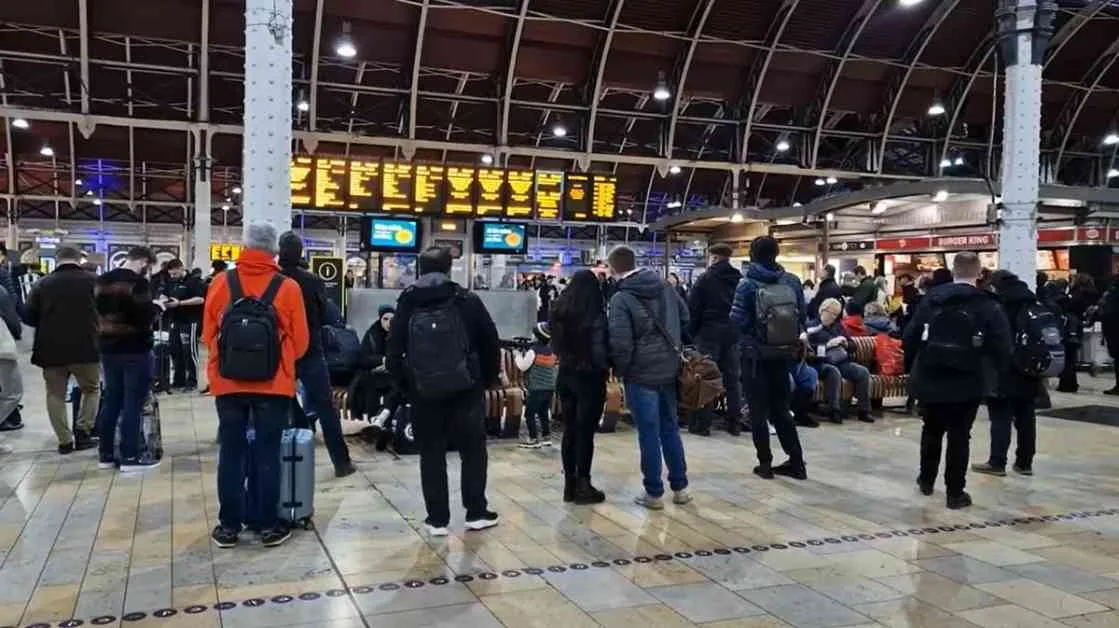Police Investigate Islamophobic Cyberattack at Major Train Stations
In a disturbing turn of events, passengers at some of the busiest railway stations in the country were confronted with an Islamophobic message during a cyberattack on the free wifi systems. The affected stations included Manchester Piccadilly, Birmingham New Street, Edinburgh Waverley, Glasgow Central, and various stations in London. The incident occurred on a Wednesday evening, prompting swift action from law enforcement and network authorities.
Passengers who attempted to connect to the wifi at these stations were met with a webpage titled “We love you, Europe”, accompanied by information referencing terror attacks. The offensive content raised concerns among commuters and station staff, leading to the immediate shutdown of the wifi services. British Transport Police were notified of the cyberattack at approximately 5:03 pm and launched an investigation into the matter.
Collaborative Efforts to Address the Cybersecurity Incident
British Transport Police stated that they were collaborating with Network Rail, the entity responsible for managing railway infrastructure, to address the Islamophobic cyberattack promptly. Network Rail assured the public that no personal data had been compromised as a result of the hack. The incident highlighted the vulnerability of public wifi systems and the importance of robust cybersecurity measures in safeguarding sensitive information.
Telent, the third-party provider responsible for delivering wifi services at Network Rail-managed stations, also initiated an investigation into the cyber incident. The company acknowledged the breach and expressed its commitment to working with relevant stakeholders to enhance security protocols. Telent’s reputation as a provider of critical digital infrastructure services underscored the significance of fortifying defenses against cyber threats in today’s interconnected world.
Expert Insights on Cybersecurity Implications
Jake Moore, a global cybersecurity advisor at Eset, offered insights into the motivations behind the cyberattack. Moore suggested that the defacement of the wifi log-on screen with a terror message may have been a deliberate attempt to expose vulnerabilities in the security infrastructure rather than a genuine threat. This tactic, often employed through phishing campaigns, underscores the need for continuous monitoring and reinforcement of cybersecurity measures to mitigate risks effectively.
The impact of the cyberattack extended beyond the affected stations, raising concerns about the broader implications for critical infrastructure providers in the UK. Telent’s extensive client portfolio, which includes entities such as Openreach, Transport for London, and the NHS Ambulance Radio Programme, underscored the interconnected nature of digital services and the need for collective vigilance in combating cyber threats.
As investigations into the Islamophobic cyberattack continue, authorities are working diligently to restore confidence in the safety and security of public wifi services at railway stations nationwide. The incident serves as a stark reminder of the evolving landscape of cyber threats and the imperative for proactive measures to safeguard against malicious activities targeting essential infrastructure.






















